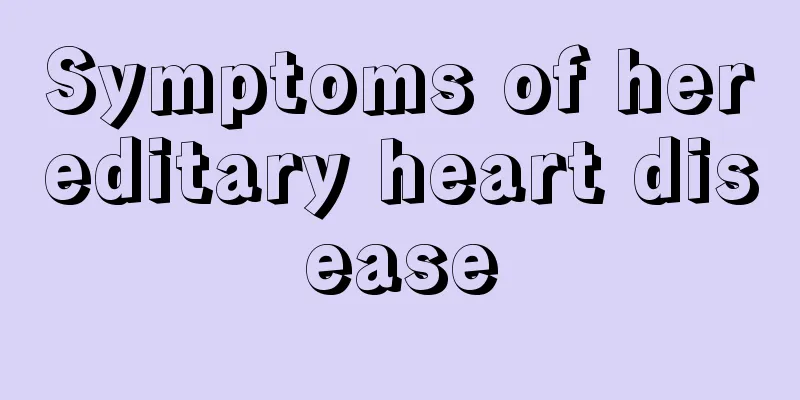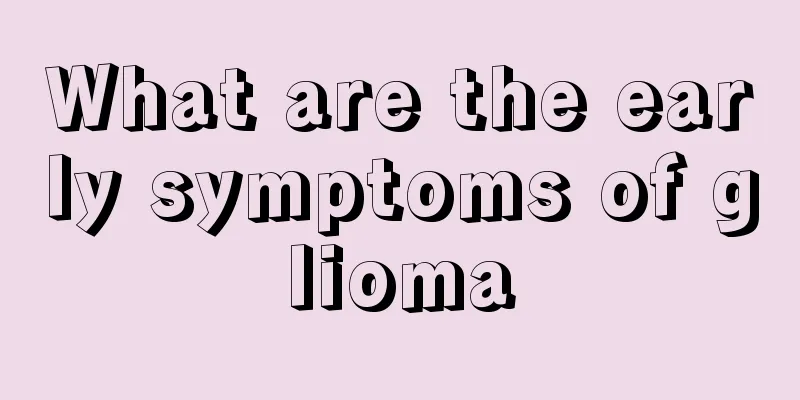What are the sequelae of radiation for laryngeal cancer

|
The occurrence of laryngeal cancer is related to bad living habits and irregular work habits, such as working overtime, eating spicy food, smoking, drinking, etc., which are very easy to get laryngeal cancer; at the same time, due to the lack of relevant knowledge about early laryngeal cancer, it cannot be discovered early, and treatment is delayed, resulting in worsening of the disease. When obvious symptoms appear, it is already in the late stage. Radiotherapy is an effective treatment for late-stage laryngeal cancer, and the short-term treatment effect is significant. So, what are the sequelae of radiotherapy after laryngeal cancer surgery? What are the side effects of radiotherapy after laryngeal cancer surgery? Systemic reactions: Including fatigue, dizziness, decreased appetite, nausea, vomiting, tasteless or changed taste in the mouth, insomnia or drowsiness, etc. Some patients may have changes in blood count, especially leukopenia. Although the degree varies, it can generally be overcome through symptomatic treatment and radiotherapy can be completed. If necessary, vitamin B1, B6, C, metoclopramide, etc. can be taken. If the white blood cell count drops below 3×109, radiotherapy should be suspended. Local reactions: Including reactions of the skin, mucous membranes, and salivary glands. Skin reactions manifest as dry dermatitis or even wet dermatitis. Anti-inflammatory ointments with 0.1% borneol talc or lanolin as the base can be used topically. Mucosal reactions manifest as congestion, edema, exudation, and accumulation of secretions in the nasopharyngeal and oropharyngeal mucosa. Gargles and lubricating anti-inflammatory agents can be used topically. In a small number of patients, parotid swelling may occur after 2Gy of parotid irradiation, and the swelling will gradually subside in 2 to 3 days. When 40GY is irradiated, saliva secretion is significantly reduced, while oral mucosal secretion increases, and the mucosa becomes congested and swollen. Patients have dry mouth and difficulty eating dry food. Therefore, excessive irradiation of the parotid gland should be avoided. Radiotherapy sequelae: The main symptoms include temporomandibular joint dysfunction, soft tissue atrophy and fibrosis, radiation-induced dental caries, radiation-induced osteomyelitis of the jaw bone, and radiation-induced encephalomyelopathy. |
<<: Complications of laryngeal cancer: hoarseness
>>: Can laryngeal cancer be transmitted by laryngoscopy?
Recommend
How long can a patient with bile duct cancer live
Biliary duct cancer is a type of malignant tumor....
What are the symptoms of blood-heat urticaria?
Everyone knows what kind of disease blood-heat ur...
What are the main effects of blood therapy?
Many people don’t know much about the treatment m...
The best way to remove formaldehyde from furniture
For a newly renovated house, there will definitel...
What diseases can be cured by soaking wild watermelon in wine
Many people who have lived in urban areas since c...
Should I wear a bra when wearing a swimsuit?
Girls often encounter some problems when swimming...
What can I eat to increase sperm survival rate?
Human beings have been able to reproduce and pass...
Suffering from the sequelae of rectal cancer
When it comes to rectal cancer, people may think ...
Will chocolate cause a sore throat?
Chocolate is a very common food in our lives. Thi...
Advantages of Chinese medicine in assisting the treatment of breast cancer
Breast cancer is mainly treated with surgery, rad...
Will garlic reduce milk production?
Garlic is a food that people often see in daily l...
What to do if there is a lot of residual urine in the bladder
If you always feel that there is residual urine i...
What's the matter with the crackling of the bones in the back
If a person keeps a posture for a long time, the ...
Is supraventricular tachycardia life-threatening?
Whether supraventricular tachycardia is life-thre...
What are the causes of adhesive frozen shoulder?
Adhesive frozen shoulder mainly occurs in the lat...









